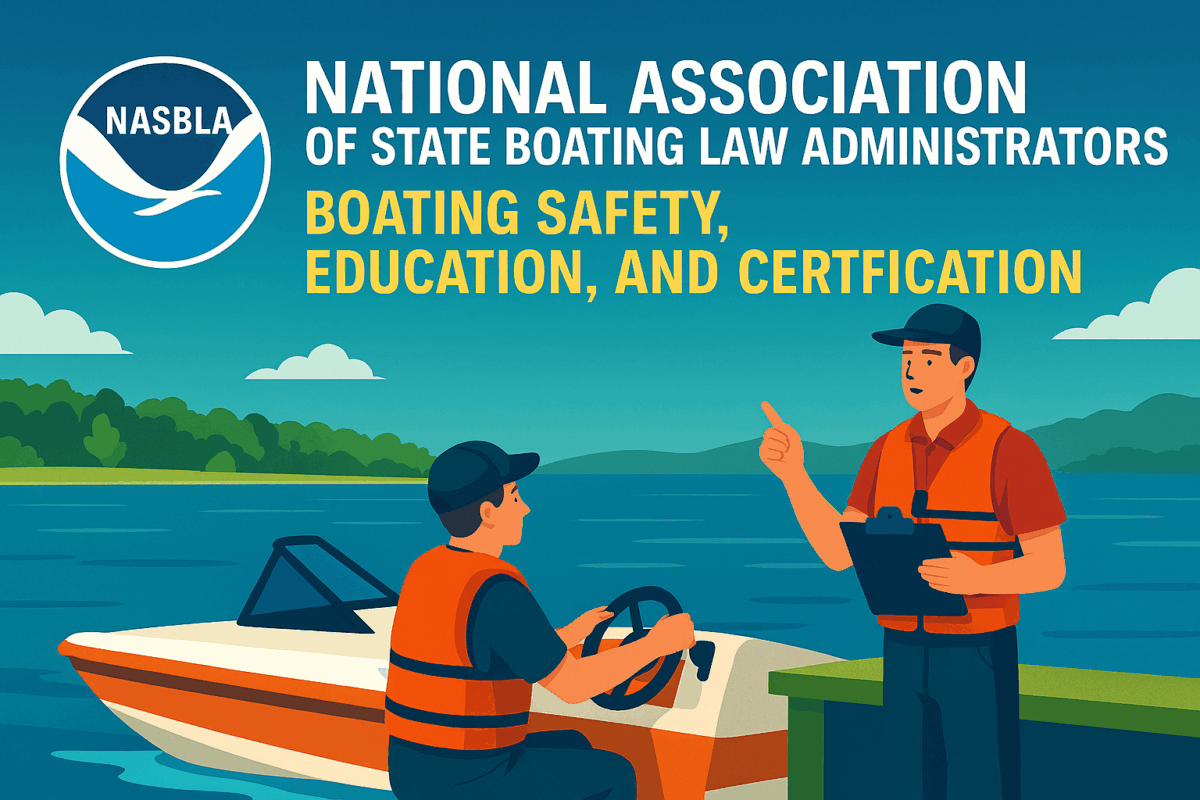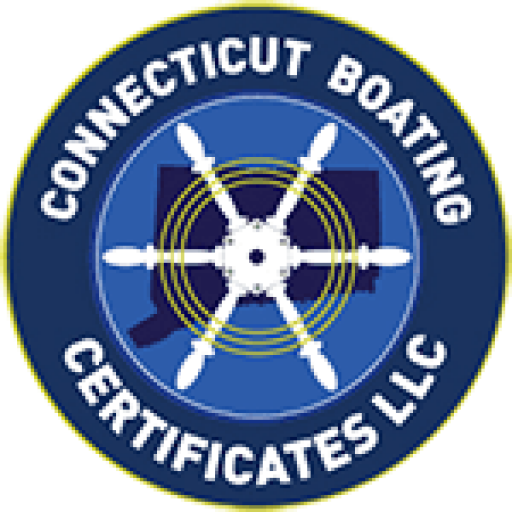Call: 1-800-832-7191

NASBLA Reciprocity Visiting Boaters
NASBLA Reciprocity Visiting Boaters: What You Need to Know
The NASBLA Reciprocity Visiting Boaters policy helps streamline boating education requirements across state lines. This initiative, led by the National Association of State Boating Law Administrators (NASBLA), ensures that boaters with valid certification from one state can operate legally in another. It simplifies travel for recreational boaters and supports consistent safety standards nationwide.
Boaters must carry proof of certification when visiting another state. While reciprocity is widely accepted, each state may have specific rules. Therefore, checking local regulations before launching is always a smart move.
How Reciprocity Works
NASBLA-approved courses meet national standards for boating safety and education. States that participate in reciprocity recognize these certifications as valid for visiting boaters. This system reduces confusion and promotes uniform enforcement. Boaters benefit from knowing their credentials are accepted in most U.S. waters.
However, some states may impose additional requirements. For example, age restrictions or endorsements for towing activities might differ. Visiting boaters should review state-specific guidelines to ensure full compliance. This extra step helps avoid fines and ensures a safe experience.
For more details, visit the NASBLA Reciprocity page.nasbla
NASBLA Reciprocity Visiting Boaters and International Visitors
The NASBLA Reciprocity Visiting Boaters policy also affects international boaters. Canadian citizens, for example, may use their Pleasure Craft Operator Card (PCOC) when boating in U.S. waters. This recognition stems from agreements between Transport Canada and NASBLA. However, boaters must still follow U.S. safety equipment rules and local laws.
International visitors should carry both their certification and identification. They must also understand that reciprocity does not exempt them from state-specific enforcement. Planning ahead ensures a smooth and legal boating experience.
Why Reciprocity Matters
The reciprocity program promotes safer boating by encouraging standardized education. It supports tourism and makes cross-border boating more accessible. Boaters who understand the rules are less likely to cause accidents or face penalties. This consistency benefits law enforcement, marinas, and recreational users alike.
The initiative reflects a commitment to safety, education, and cooperation. It helps unify boating laws and supports responsible recreation. Whether you’re traveling for a weekend or an extended trip, reciprocity makes boating easier and safer.
Always verify local requirements before launching in a new state. Responsible boaters stay informed and prepared. With NASBLA reciprocity, visiting boaters can enjoy new waters with confidence and peace of mind.
For more helpful boating information, visit:
👉 https://www.connecticutboatingcertificates.com/helm-boating-information/
